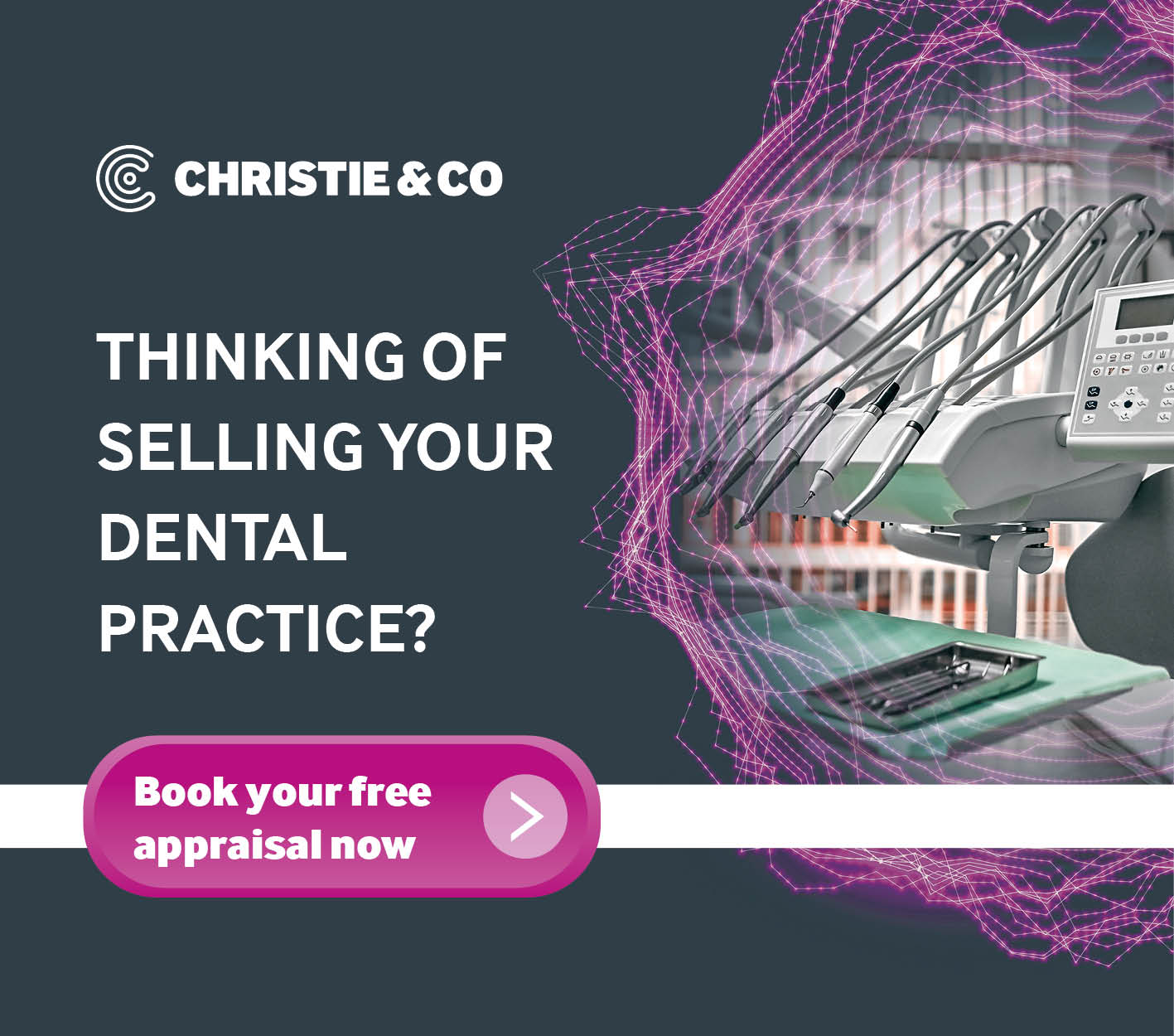Should we actively audit our work? – Charlotte Gentry
NewsPosted by: Dental Design 17th August 2018

REFLECTING on clinical work has been an integral part of my learning throughout my degree. We have to reflect on every single clinical session we have on a computer program and our clinicians are able to see this and comment accordingly. As I enter the final year of my dentistry degree, I have realised quite how much reflection has aided my learning. It has improved not only my clinical work, but also my development as a well-rounded, holistic dentist. I wonder whether reflection will continue to be a big part of my practising career.
Audits are a compulsory part of life as a dentist – we have to keep records of audits of things such as our radiographs, running water lines and autoclave cycles. However, I wonder whether we as dentists should be actively auditing all our work in order to continue reflecting on our clinical skills.
Reflection helps in many ways. It not only highlights where we went wrong and forces us to think about how we can improve in the future; it also highlights what went well, a new technique or something we tried that surprised us and enables us to utilise it in the future. I remember initially thinking: is reflection really that beneficial, and will I really learn from past experiences? Truth is by actively writing down about a clinical experience or session really does mean it sticks with you and you look back and use it to improve.
Throughout my fourth year I recorded information about all the alginates I had taken. I used a data capture sheet which had 10 features of an alginate impression and I would put a tick or a cross next to each feature and whether or not I had captured it to a high enough standard that the impression didn’t need to be retaken. In order for an impression to be ‘clinically acceptable’ it had to score 8/10 and 80 per cent of impressions needed to be of this standard. After a cycle for a few months, I was able to reflect on the data I recorded and see where my weaknesses were in my impression-taking technique. I focused on these areas and addressed where I was going wrong. I saw an improvement in my second cycle with over 90 per cent of my impressions being clinically acceptable.
Although impression taking isn’t the most clinically demanding, and if done incorrectly an impression can be retaken, by improving my impression taking technique and reflecting on my work it will have improved the quality of my impressions and thus the care my patients receive. Labs will receive more accurate work, meaning the prostheses I receive back will be of a better quality and there will be fewer retakes for patients, which is always a good thing!
This kind of audit could be done for so many areas of dentistry. Whether it’s the quality of our obturations or the quality of a cavity we cut; by continuing to reflect on this work we can all become the best dentists we can be.
You may be thinking – who has time for this as busy dentists, we are busy enough; I do understand that extra work is not what we need. However, a data sheet with tick boxes takes minutes to fill out. I wonder whether this could vastly improve the dentistry delivered to our patients and make us more even better dentists than we already are. Dentistry is an evolving profession, the necessity of continued professional development highlights this and by introducing audits or even just a little more reflection into our work could really improve the quality of dentistry in the UK.










